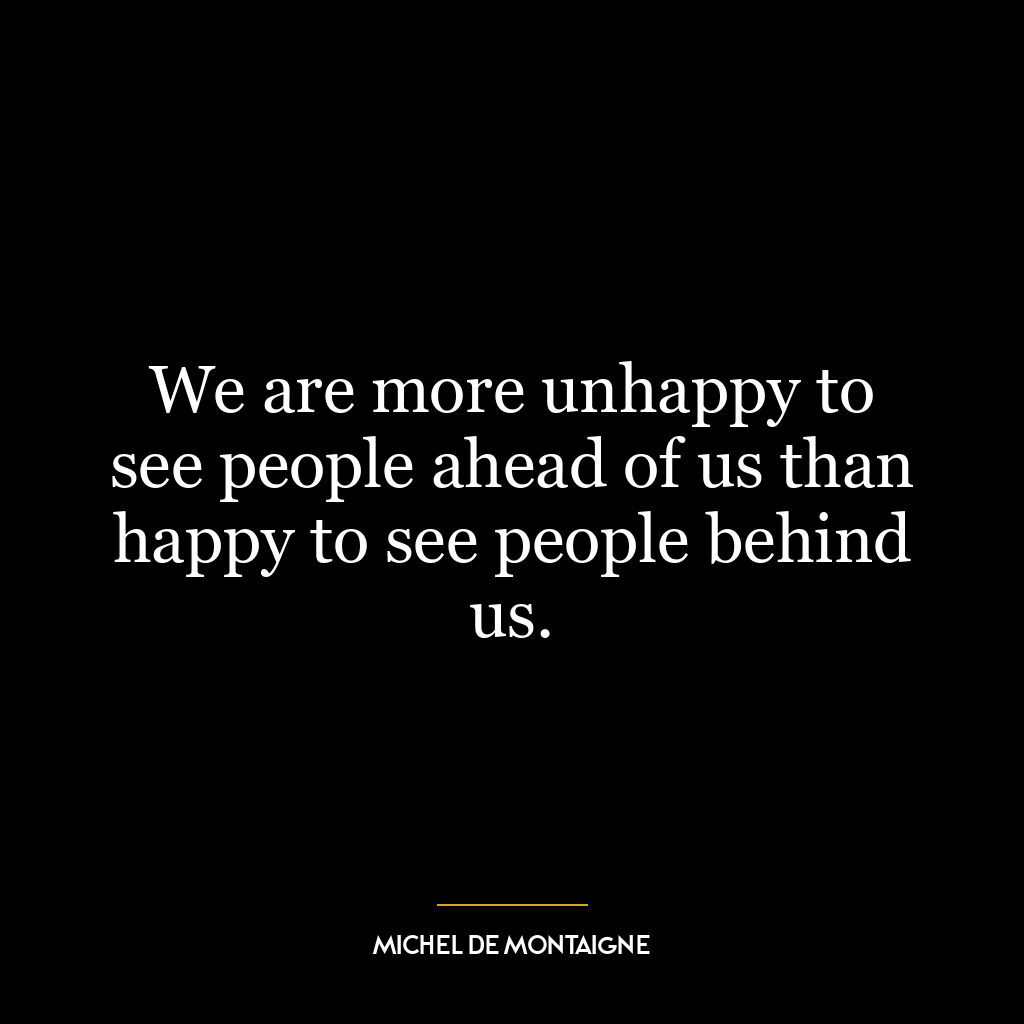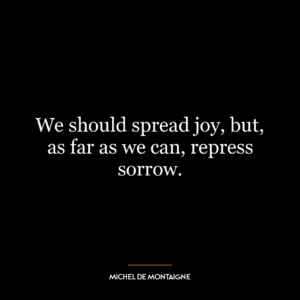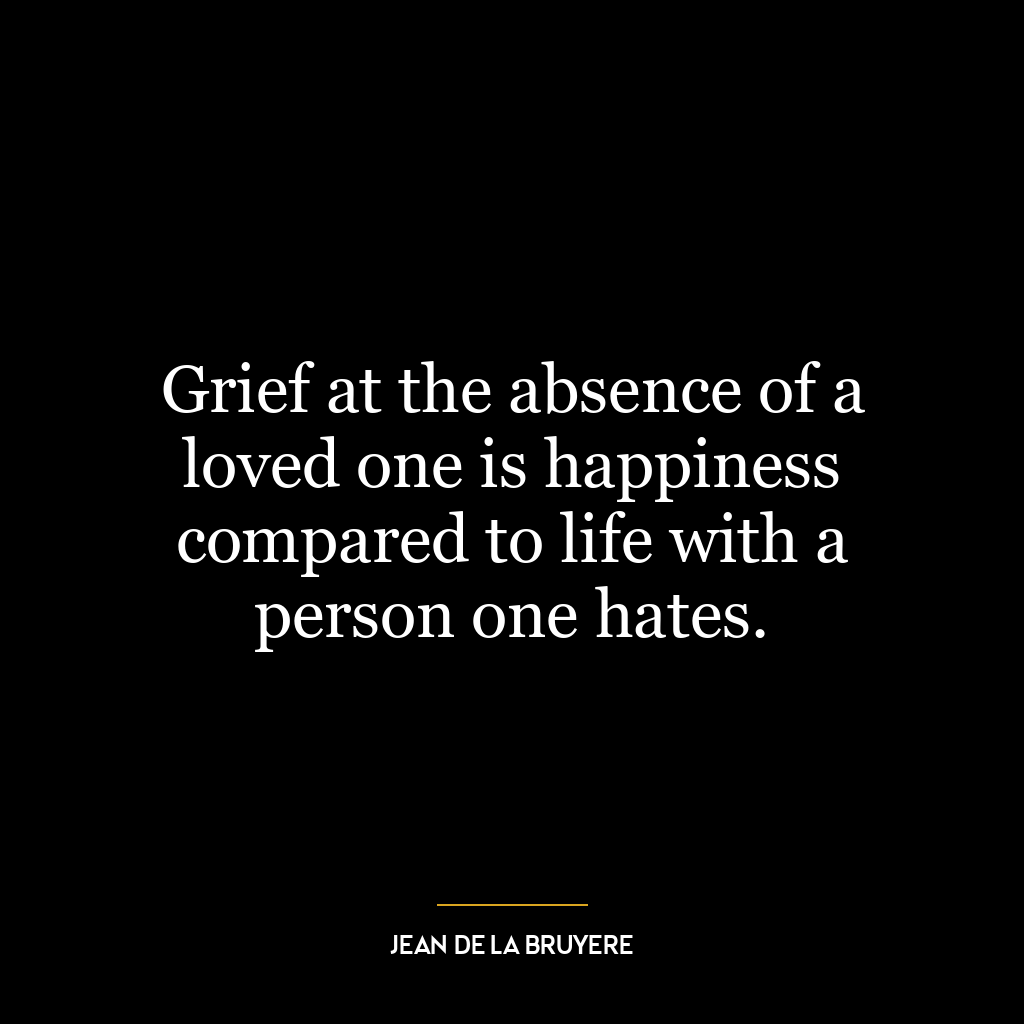We are more unhappy to see people ahead of us than happy to see people behind us.
This quote suggests that humans, by nature, tend to compare themselves with others. However, rather than deriving satisfaction from seeing how far we have come or how much we have achieved compared to those behind us, our focus is often on the people ahead of us. This can lead to feelings of unhappiness or discontentment because there will always be someone who is seemingly doing better.
The quote implies an inherent competitive nature within humans and our tendency towards upward social comparison. Upward social comparison refers to comparing ourselves with those who we perceive as superior in some way. While it can sometimes motivate us to improve and achieve more, it often leads to dissatisfaction and unhappiness when we feel that we don’t measure up.
In today’s world where social media platforms are prevalent, this concept becomes even more relevant. We are constantly exposed to highlights of other people’s lives – their successes, accomplishments and seemingly perfect lifestyles – which can make us feel like everyone else is ahead of us. It’s important for individuals not only acknowledge this tendency but also actively work towards shifting their perspective from competition towards self-improvement.
In terms of personal development, understanding this idea could help one cultivate a healthier mindset around success and achievement. Instead of focusing on surpassing others as a measure of success, one might instead strive for personal growth and self-improvement without constant comparison with others.
This doesn’t mean ignoring what others have achieved; instead it means acknowledging their achievements but not letting them define your own sense of worth or success. It encourages celebrating individual progress rather than using someone else’s yardstick as a measure for success.
Learning about the pitfalls associated with constant upward comparisons could potentially lead individuals on a path toward greater self-acceptance and contentment in their own achievements — regardless if there are people ‘ahead’ or ‘behind’.















